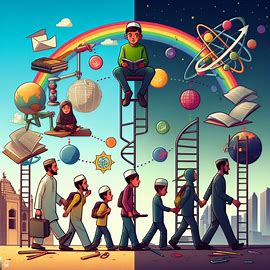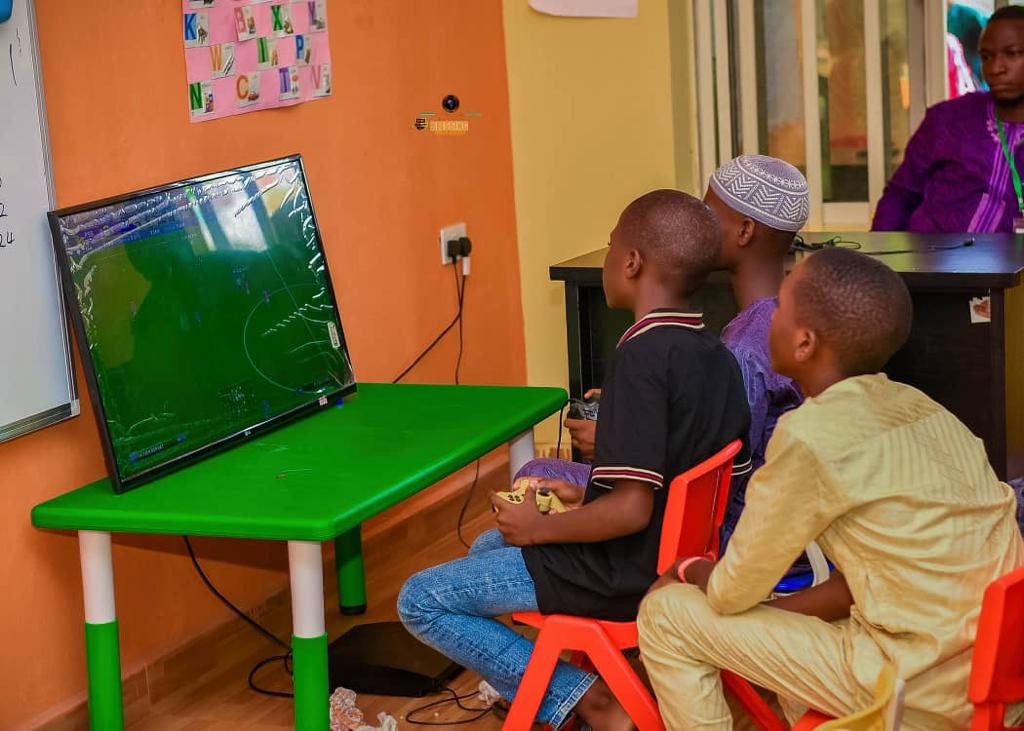East Meets West: Raising Global Citizens in the 21st Century
In our increasingly interconnected world, raising children who can navigate diverse perspectives and thrive in a globalized society is more important than ever. This brings us to the fascinating intersection of Western and Islamic education systems, and their potential impact on child upbringing in the 21st century.
Western Education:
- Focus on critical thinking and questioning: Western education emphasizes analytical skills, encouraging children to ask “why” and challenge assumptions. This fosters intellectual curiosity and independence.
- Value of individual expression: Western classrooms often celebrate individuality and self-expression, allowing children to explore their unique talents and perspectives.
- Exposure to diverse viewpoints: Western curricula often incorporate global perspectives and multiculturalism, preparing children to interact respectfully with people from different backgrounds.
Islamic Education:
- Emphasis on moral compass and character development: Islamic education instills strong values like honesty, compassion, and respect, shaping children into ethical and responsible individuals.
- Nurturing spiritual growth: Islamic teachings provide a framework for understanding the world and one’s place within it, fostering a sense of purpose and inner peace.
- Community and belonging: Islamic education often takes place within a close-knit community, providing children with a strong sense of belonging and support.
The Blend:
The beauty lies in recognizing that these educational systems are not mutually exclusive, but rather complementary. A blended approach, drawing on the strengths of both traditions, can offer a well-rounded and enriching upbringing for children in the 21st century.
Imagine a child who:
- Questions the world with a critical mind, while guided by strong moral principles.
- Expresses their individuality freely, while respecting diverse perspectives and cultures.
- Thrives in a globalized society, equipped with both analytical skills and spiritual grounding.
This is the promise of a pendidikan that blends the best of East and West, nurturing well-adjusted, globally competent, and responsible citizens for the future.
Remember, the key is to:
- Foster open dialogue and mutual respect: Encourage children to appreciate the richness of different cultural and religious traditions.
- Focus on shared values: Highlight the common ground between Western and Islamic teachings, such as the importance of education, family, and community.
- Embrace diversity: Create learning environments that celebrate the unique strengths and perspectives of each child.
By nurturing open minds and compassionate hearts, we can empower our children to navigate the complexities of the 21st century and build a more harmonious and inclusive world.




